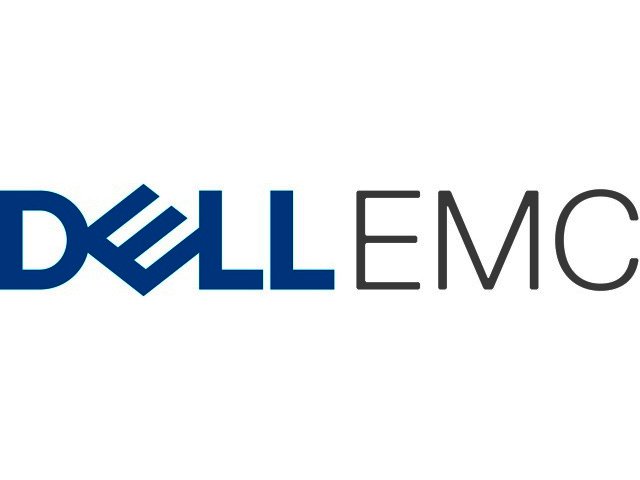If you have a need, there is no shortage of people willing to sell you something. In the world of technology, this is often framed not as a purchase, but a means to solve a problem. Your problem, mended by technology. This is not a disingenuous approach, but many abuse it, asserts consultant advisor in Dell EMC’s Executive Briefing Program, Eoghan O'Donoghue.
He elaborates that vendors are overly keen to explain what your challenges are, instead of allowing you to articulate them. In technology, those doing the selling are often also doing the talking. But real change only comes when someone listens.
O'Donoghue elaborates that this is not just good business practice, it also grasps that the technology conversation has moved on.
“Look at cars. They have nearly come to the point where you can evaluate a model based on its colour, shape and number of cupholders. The underlying technology just works. You get the odd brand where the reputation isn’t as good, and people will avoid it.”
Time to move on
The same, he adds, is happening in business technology: “We're seeing a point in the near future where people will stop worrying about the underlying infrastructure, because it just works in general. We're not 100% there yet, but we can see it in the future. Our customers increasingly only care about delivery and they want their voices to lead the conversation. We know it's important, so we actively timetable and engage with customers and tell them: 'We're not going to talk. You're going to talk and tell us what you think.' Customers love it.”
Being an infrastructure vendor, EMC is slightly removed from the active arena where business-meets-technology conversations can take place. So it has extended itself to reach the customer and have those engagements. This is in part what attracted Michael Dell to merge it with his own enterprise and form Dell EMC, the largest private technology company in the world.
“We've transitioned from being a product company to delivering strategic benefit. The customers know that we do this intentionally, and they respect that. Michael Dell isn’t buying us just for our products. He's buying us because of our strategy,” he explains.
Sound advice
O'Donoghue stresses that this should serve as a benchmark for any interactions with a vendor or solutions provider: how much do they listen? How do they facilitate that? Are they really going to the effort required to take you seriously? Dell EMC engages customers on many different levels, such as its Total Customer Experience project as well as the high-level Executive Briefing Programme.
“If you look at Dell EMC messaging, it shows the direction, but we don't know the end point. We can help customers with a transformation, not specify what it should be. If something comes back and doesn’t work, we can go straight to the engineering team and feed that back. It's a tight closed loop. We realise the power of that conversation and we can act on it,” he continues.
A lesson learnt
This approach is not just about soothing the woes of customers. Dell EMC lives by its reputation. This was a lesson imparted on outgoing EMC CEO Joe Tucci. A number of years ago he mulled acquiring a startup.
“He was using the application and it wasn’t bad,” said O'Donoghue. “He asked some CIOs and they said that's a great product, so he bought the company. A month later those same CIOs are ringing him up, saying fix this, fix that. He said: ‘Why didn’t you tell me before?’ Well, before that they were a startup and perfectly good for that. Now it’s an EMC company and customers expect a much higher level of quality.”
This reputation not only demands quality. It needs to resonate honesty. A reputable vendor honest about the conversation does not push for sales. It must be open and resilient enough to turn away business, to tell a customer that they don’t need a certain solution at that point.
“We are not interested in hammering a customer to death to sell a product. We've come to a point where we can talk to the customer very openly, perhaps saying 'You don’t need this particular technology right now, you’re doing fine.' But the conversation continues because we can offer so much more other than that particular technology. We have confidence in our brand of quality.”
Final thoughts
In closing, O'Donoghue encourages asking some frank questions. Is your vendor actually listening, or is it really just trying to sell a cart for a horse you might not have or need? Don’t put your company’s digital transformation at risk. “Look for the reputation of quality, honesty and a culture where the customer’s voice rings first and rings loudest,” he concludes.





